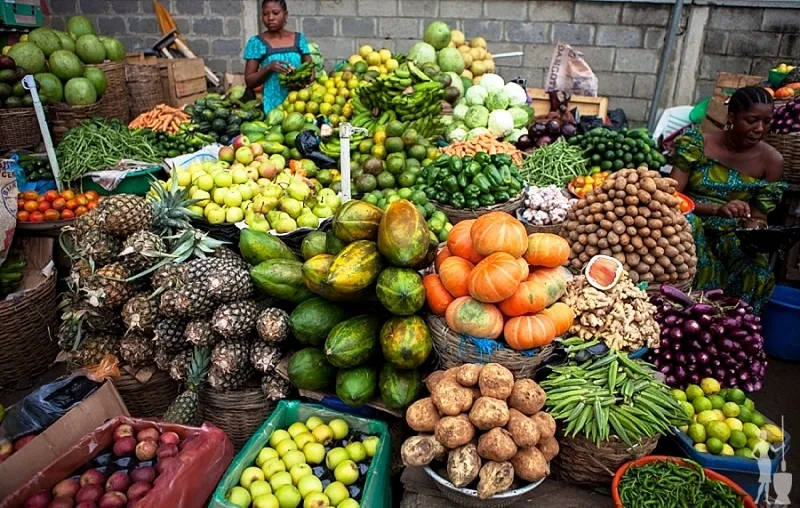Nigeria has one of the lowest per-hectare agricultural input yields, according to Sulaimon Arigbabu, Executive Secretary of HEDA Resource Centre.
Arigbabu made this statement on Tuesday during a presentation for the Media Foundation webinar series with the subject matter “Food Security, Nutrition, and Food Safety.”
Arigbabu stated during the webinar that roughly 40% of the food produced in Nigeria is lost between the farm and the consumer.
He stated, “Roughly 40% of the food we produce in Nigeria is lost between the farm and the consumer, but nobody talks about the chance we miss, the food we did not grow, or the one that perishes before it can be harvested.
“In Nigeria, we have one of the lowest per-hectare yields for major agricultural inputs. For instance, Egypt produces 6.4 tonnes of wheat per hectare, compared to our meagre 1.4 tonnes. Consider soya beans. Our per-hectare yield is 1.2 tonnes, whereas yours is about 10 tonnes. Nigeria produces 1.2 tonnes per hectare, compared to 4–7 tonnes in Asia and 10 tonnes per hectare in Egypt. Egypt produces 6 tonnes of maize per year, South Africa 5.1 tonnes, and Nigeria 1.6 tonnes.

He blamed the farmers’ lack of agronomics knowledge for the low hectare yield.
It is as a result of the farmers’ ignorance of good agronomic practises. It’s because we don’t give our farmers access to reliable, timely, and accurate climate information.
“Many farmers visit other farmers when they shouldn’t, so the opportunity that is lost is a major factor in our food insecurity; if we address that, we can address post-harvest loss.
“Despite the pressure from abroad, Nigeria is supposed to be a food powerhouse for the Sahel for West Africa, but we are missing out on this opportunity because the amount of food that we even fail to grow is far much more than the one we are losing, and if we stop the post-harvest loss for instance, we would have, by 80%, taken care of those who are unable to have access to good and nutritious food,” he said.



